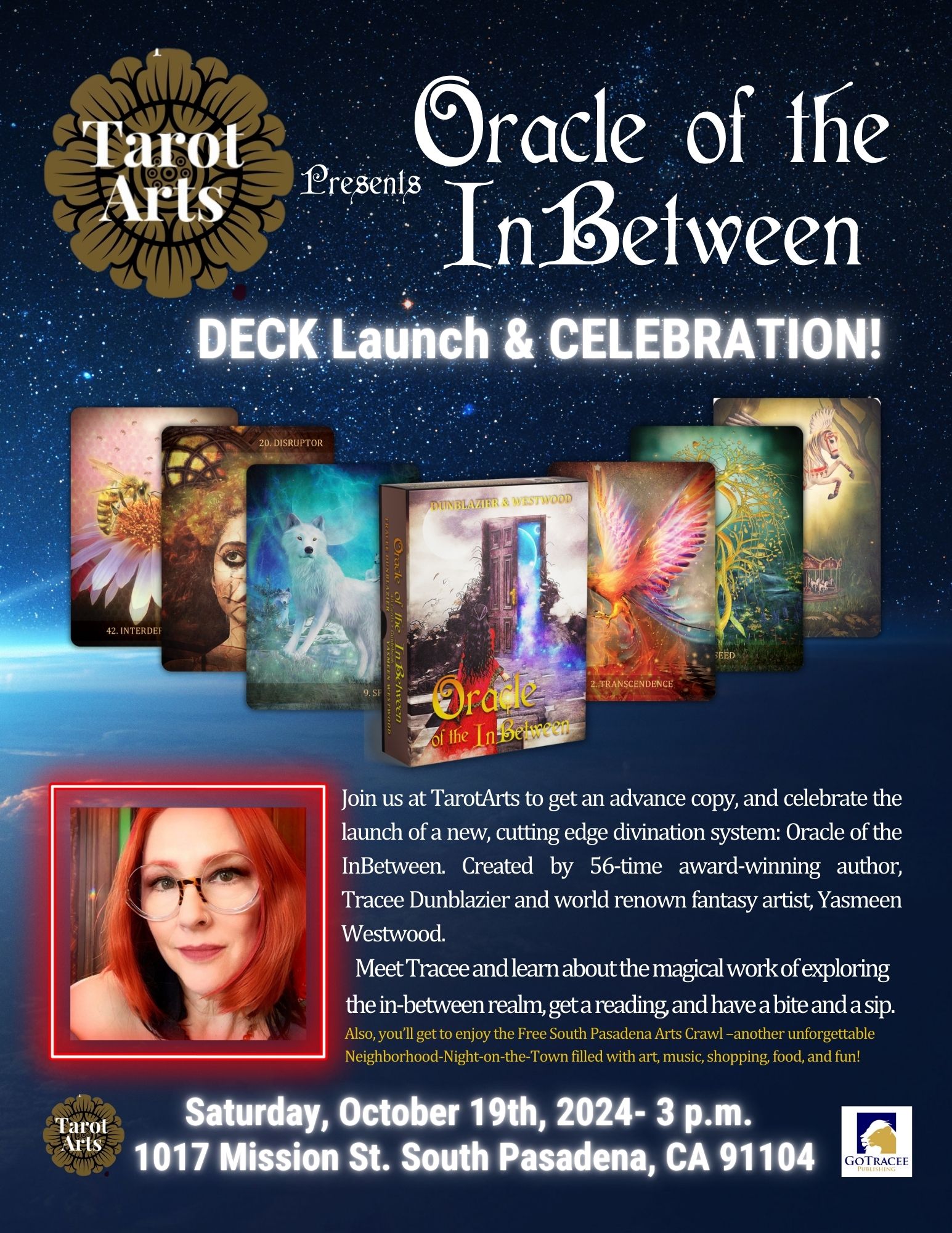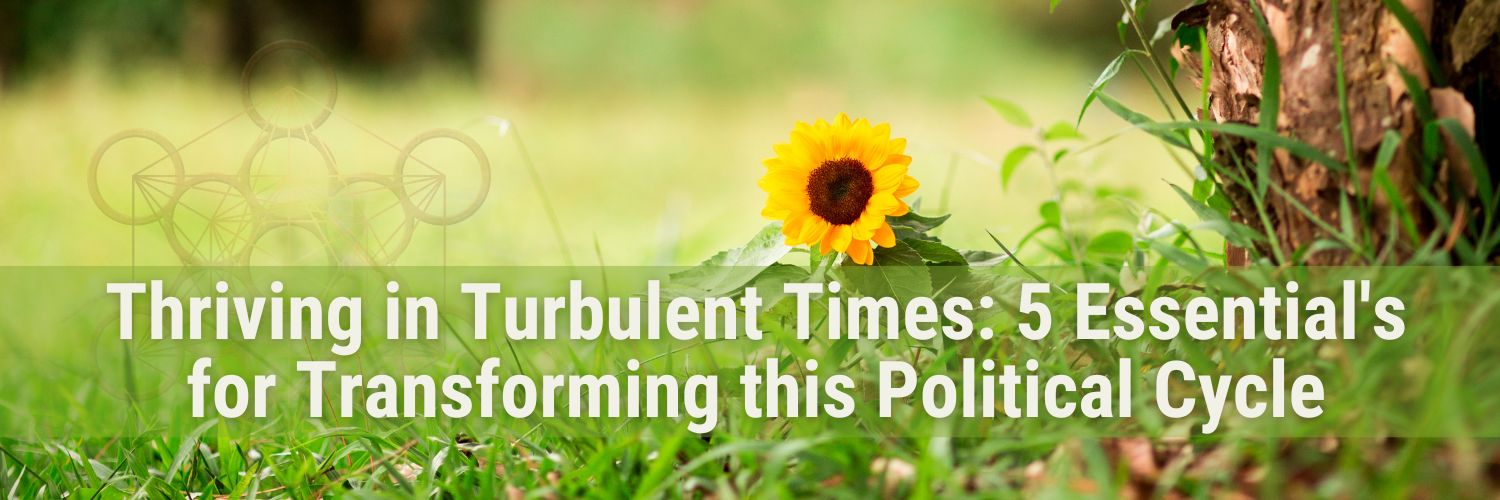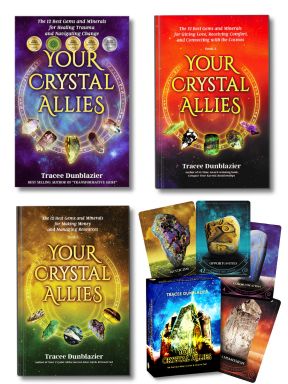
We’ve all got baggage, no doubt. But when your honey’s baggage messes with your current relationship, it’s time to help your partner heal. Here’s how.
I saw an elderly lady on the street the other day pushing a cart, I’ll call her “Betty.” On the cart, Betty had at least 50 plastic grocery bags filled with stuff tied all together and then tied to the cart. Betty had taken great care not to overpack any bag so it could sustain the weight it carried. I was really quite impressed with her strategy and organization. I thought to myself, that really is how we all are, carrying our baggage from place to place, relationship to relationship. Some with more bags, some with less. Some bags filled to the gills and others with plenty of room for more.
Now I don’t know, all those bags could have been filled with the cash from her 401k, but I suspect they were filled with only the things that had value to her and in time would be discarded when they were no longer useful or when space was needed to carry new things.
It’s the same way in partnerships: romantic or platonic. And what do you do when your new lover has an extra full cart? We all come with baggage, and frankly, sometimes if one partner has more bags than the other it makes finding common ground difficult. So, how can you help your partner with their inventory?
If your partner barely made it out of their previous relationship with their sanity or worse, and it’s a source of conflict in your new relationship, what do you do? Here are a few things to consider.
Acknowledgement is everything.
In order for someone to heal they must first acknowledge there is something to be healed (or brought into balance). A person can’t fix what they won’t face. The next step is forgiveness. If your partner can’t forgive their previous relationships, they won’t completely trust you. So, the first order of business is for your partner to recognize what the problems were and find forgiveness for them. You can’t do that for them and not a lot can happen until it’s done–– except possibly conflict and struggle.
See both sides.
They say it’s not over till it’s over, and I find it to be true. If your partner still suffers or has strong feelings around their previous relationship you’re entering into the relationship as a third party—specifically, when it comes to the energy and emotion of the relationship. Don’t be jealous, as that third party it’s important for you to truly understand both sides of the dynamic at work. If you don’t know how it was put together, you can’t help your partner take it apart.
Your goal as a supportive partner isn’t to take sides, but to be clear of participating in the same way, and trust me, that can be hard. In a relationship like this it’s important to be willing and able to encourage your partner to talk about what happened and for you to listen to what’s being said and what’s not being said. Most of all, don’t take sides: consider both sides. Put yourself in both positions and consider what you would do, that way you have a clearer understanding of the mechanics. Something that lovers have difficulty with when they’re juggling their own pain.
Don’t buy in.
Make no mistake about it; frustration, anger, control issues, and trust issues all stem from unresolved hurt and pain. Most of the time—especially in a new relationship—it’s not what you’ve done that causes a conflict, it’s what your partner fears you will do based on their experience with others.
Your new partner may overreact one night when you say you’re going out with your friends. A common response is to get pissed off, leave, and deal with the fallout later. I don’t recommend it. It’s much more efficient to address it directly by asking questions.
For example: Your lover doesn’t want you to go out for fear you’ll meet someone else your attracted to, and yes, you might. The issue isn’t who you will meet, it’s what you will do in meeting them. If you are not yet monogamous with your friend, you’ve got to address that. If you are monogamous, they’ve got to find a way to trust you and you’ve got to find a way to be trustworthy. The road goes both ways. It’s necessary to take a risk and be honest even if it means your partner decides they want to go another direction.
Patience of the Buddha.
Always in relationships, there are the bags you see and the ones you don’t see that your partner carries. I wish everyone was as obvious as Betty, but they’re not. If you’ve entered into a relationship with UPS, you’ve got to choose to be smart and patient. If those traits haven’t been your strong suit up until now, you’ve got to be mindful and prepared to choose them.
Asking someone who is still reeling from the conflict and pain of another relationship to be patient is a triumphant thought, but not necessarily realistic. So, if you’re the one with the objectivity, you are the one who holds the responsibility to communicate, set firm boundaries, and love unconditionally.
How many times have you experienced this one: “Hey, you said you’d be here at seven, and now it’s eight and dinner is cold.” Now, you can communicate in a neutral firm tone how you feel or fight about a thousand other things. It’s always important to first get their side of the story with empathy and compassion.
Let’s say in this scenario, this is the second time your lover has shown up late in the first few dates. After going out for a few beers with friends, they lost track of time. In this case you say, “I’m glad that you had a good time and that you value your friends the way you do. Please let me know when you are ready to value me in the same way.” And, you leave. It’s imperative to be able to set a boundary with sincere emotion and then back it up with an action. It’s easy to get angry at not being valued or respected but getting angry never helps. It just allows your partner to make you and your anger the problem. Nine times out of ten, the person just didn’t give it that much thought to begin with. Now you are giving them the opportunity to reflect and consider you differently.
See yourself.
Being able to see another’s problems objectively is always easier than seeing your own. But you can’t help someone else if you haven’t been able to help yourself. If I had a dime for every client who sat disgruntled on my couch going through a breakup, angry that they just spent years of their life preparing their partner to be the love of someone else’s. Whew, that feeling is some tough medicine to swallow. If that’s you currently, you’re in no position to help anyone else. Not even for love.
Love means being ready, willing, and able to see your deepest inner pain or joy and to embrace it head on. Sometimes helping another means letting them witness your vulnerability, your trust, your joy, and your pain. Showing them how it is, instead of telling them how it should be. Most of all, showing up and being fully present, or honest when you are not. Opening your heart from the first date instead of the third, or the tenth. Love while you can and be truthful with the rest.








